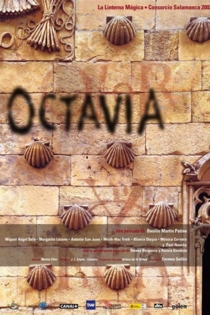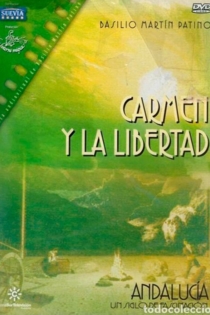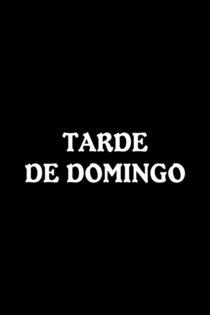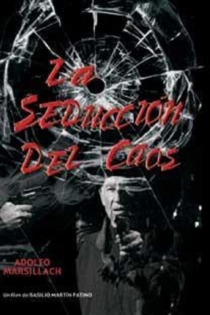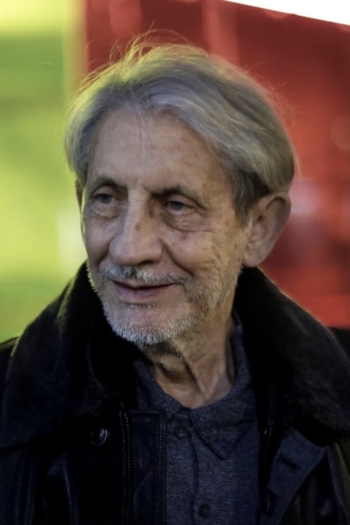
Basilio Martín Patino
1930 - 2017Ojos Verdes
Basilio Martín Patino
Imperio Argentina, Guillermo Blázquez
The longing and critical review of the copla is lived through the history of the marqués de Almodóvar, a passionate ambassador who organized Franco's folkloric festivals; generous, womanizer, excessive, wasteful, himself the protagonist of his own copla. In love in his youth with a Concha Piquer chorus girl, he dedicated his life to collecting fetishes and memories of all the cante divas with which to organize a sentimental museum in his decaying castle, filling it with showcases where he could store his longings. When he died, destitute, in the pension of his last mistress, also a cupletist, she disputes her legacy with the housekeeper who took care of him and her picturesque collections all her life. family castle. A dear diplomatic friend recalls his fanciful existence emotionally. An aesthetic that is part of the feeling of the Andalusian people. And as a common thread "Ojos Verdes", the most beautiful song of songs of his rich songbook.
Ojos verdes
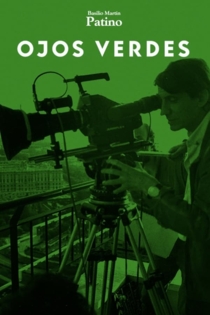
Queridísimos verdugos
Basilio Martín Patino
Claudio Rodríguez, Vicente Copete
This documentary, filmed clandestinely, is based on several interviews with the executioners who worked in Spain during the early 1970s, as well as families of people executed by them.
Dearest Executioners
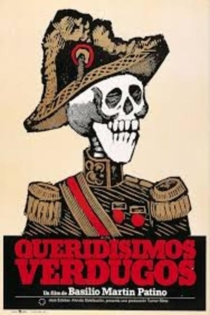
Canciones para después de una guerra
Basilio Martín Patino
Celia Gámez, Imperio Argentina
A particular reading of the forties and fifties in Spain, the hard years of famine and repression after the massacre of the Civil War, through popular culture: songs, newspapers and magazines, movies and newsreels.
Songs for After a War
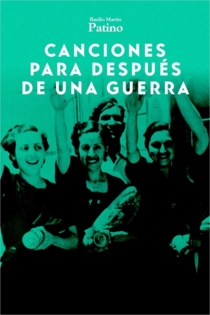
Torerillos, 61
Basilio Martín Patino
This short film "Torerillos 61" is one of the first works of the master Patino, which tries to portray the Spanish society of the time outside the state convention and dodging the hand of censorship. Social commitment is the brand director throughout his long career, starting with short films such as this one, made in the early sixties, in the wake of the statements in Talks Salamanca. The sadness off the characters portrayed is bleak, "Maletillas" (aspiring bullfighters) in search of luck to pull them out of poverty. (IMDb)
Torerillos, 61

Caudillo
Basilio Martín Patino
Carlos Revilla, Francisco Franco
Caudillo is a documentary film by Spanish film director Basilio Martín Patino. It follows the military and political career of Francisco Franco and the most important moments of the Spanish Civil War. It uses footage from both sides of the war, music from the period and voice-over testimonies of various people.
Caudillo
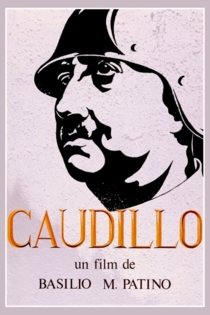
Madrid
Basilio Martín Patino
Rüdiger Vogler, Verónica Forqué
Hans, a German director, is in Madrid to film a television production about the capital and the Civil War, 50 years after it occurred. Accompanied by Lucía, his editor, and Goyo, his cinematographer, he films shots of the modern city, searching for spaces and people related to its past. At the same time, he views materials related to the past. In this search, Hans questions the point of his project, and disagrees with his producers until he discovers a project that he is passionate about.
Madrid

Nine Letters to Bertha
Basilio Martín Patino
Emilio Gutiérrez Caba, Elsa Baeza
Lorenzo is a young man who has just returned to Salamanca (Spain) from England, where he fell in love with Berta, a girl daughter of exiled parents who have never seen Spain. Lorenzo tries through some beautiful letters that she understands how is the world where her parents once lived.
Nine Letters to Berta
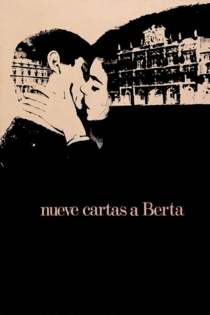
Celuloide colectivo: el cine en guerra
Oscar Martín
Albert Girona, Alejandro Montiel
July, 1936. The terrible Spanish Civil War begins. When the streets are taken by the working class, the social revolution begins as well. The public shows are socialized, a model of production and exhibition of films, never seen before in the history of cinema, is created, where the workers are the owners and managers of the industry, through the unions.
Celuloide colectivo: el cine en guerra

Los paraísos perdidos
Basilio Martín Patino
Charo López, Alfredo Landa
This literary film is imbued with the disenchantment of Spanish exiles who left their homes to protest Franco's fascist regime and then returned after its demise to find that democracy had not instilled either ethics or deep motivation in government leaders. Director Basilio Martin Patino presents his story, and a large part of the film is based on his own life, through the experiences of an exiled heroine played by Charo Lopez. She has returned to Spain to look for meaning in her life, something that she never found living in Germany, not even after having a child. She is also in the process of translating the German lyric poet Friederich Holderlin (see the 1985 Halfte Des Lebens) into Spanish, focusing on his epic Hyperion. Excerpts from the translation are voiced over throughout the film. As she looks up old friends from many, many years ago, even those who have achieved worldly success are suffering from the same ennui that propelled her back home.
The Lost Paradise
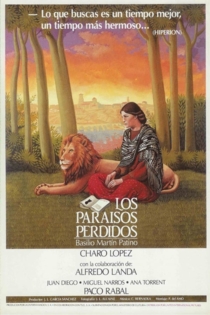
Libre te quiero
Basilio Martín Patino
The film starts with the confluence of the 15M protesters in Puerta del Sol, follow the construction of the Camping Sol, a kind of parallel city assemblies, whose structure extends to neighborhoods and nearby cities and all over Spain. After what happened attest, without mediation or intention, the film lets the images speak and describe the end of the experience.
Libre te quiero
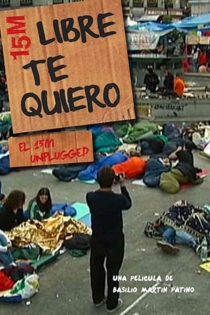
Octavia
Basilio Martín Patino
Miguel Ángel Solá, Margarita Lozano
Rodrigo returns to his childhood home of Salamanca after a four-decade absence and a career as a guerrilla in Latin America, a secret agent in the Eastern Bloc and an official for an international agency. While Rodrigo may have attempted to put his past life behind him, the memory of his now deceased mother and his old-world family returns to haunt him. In an old city dominated by the weight of tradition, Rodrigo discovers a daughter about whose existence he had never known, as well as a grand-daughter, the enigmatic and beautiful Octavia. A rebellious teenager, Octavia dismisses her grandfather's old politics, possessing her own sense of what freedom means. Patino's film is a poetic, assured contemplation on the pain of returning somewhere you never really left and the accompanying ironies of a man obsessed with history who cannot face his own.
Octavia
